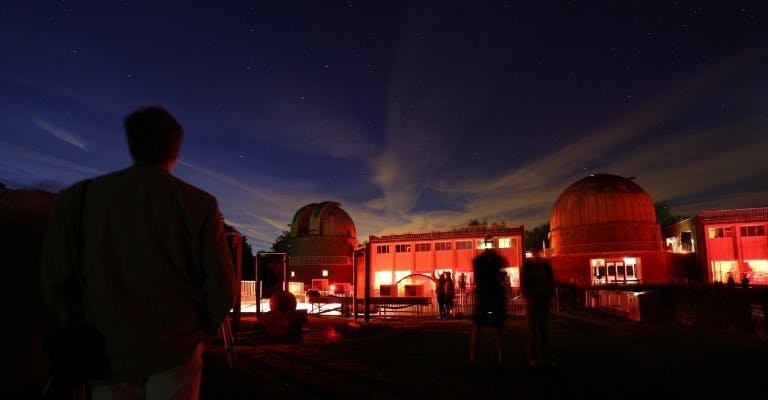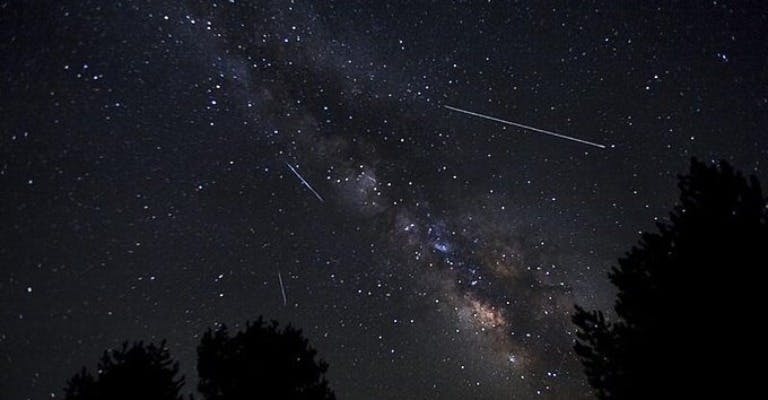
Stargazing Evenings
Come and enjoy the fabulous atmosphere that surrounds the Observatory at night and, weather permitting look through some of the largest telescopes in the country at some extraordinary night sky objects. Don't worry if it is cloudy we have a cloudy night contingency.


Fun with Chemistry
Tuesday 15 and Wednesday 16 April 2025: half day workshops for age 7-11 years. What is chemistry? It’s exciting, fascinating and above all great fun. We will be experimenting with solids, liquids and gases and while the workshop is designed so the children can carry out the experiments themselves, there will be demonstrations too. Join us and try some seriously fun experiments!


Astronaut Academy
Tuesday 8 April 2025: Half day workshop for 7 - 11 years. What does it take to become an astronaut? We will investigate with some exciting activities to discover the challenges faced when reaching space.


Rocket Science
Wednesday 9 April 2025: Half day workshops for 7-11 years. How does such a huge rocket actually get off the ground? Why does it "break up" and where do the astronauts sit? Come and find out in this fascinating and fabulously fun workshop and you even get to build and launch your own water rocket.


Lyrids Shooting Stars
April 19 2025. The debris left behind by the comet Thatcher gives rise to the April Lyrids meteor shower. Join us for an informative talk and some meteor (shooting stars) spotting. If the weather is good you will also have an opportunity to look through the historic telescopes, some of the largest working telescopes in the country.



